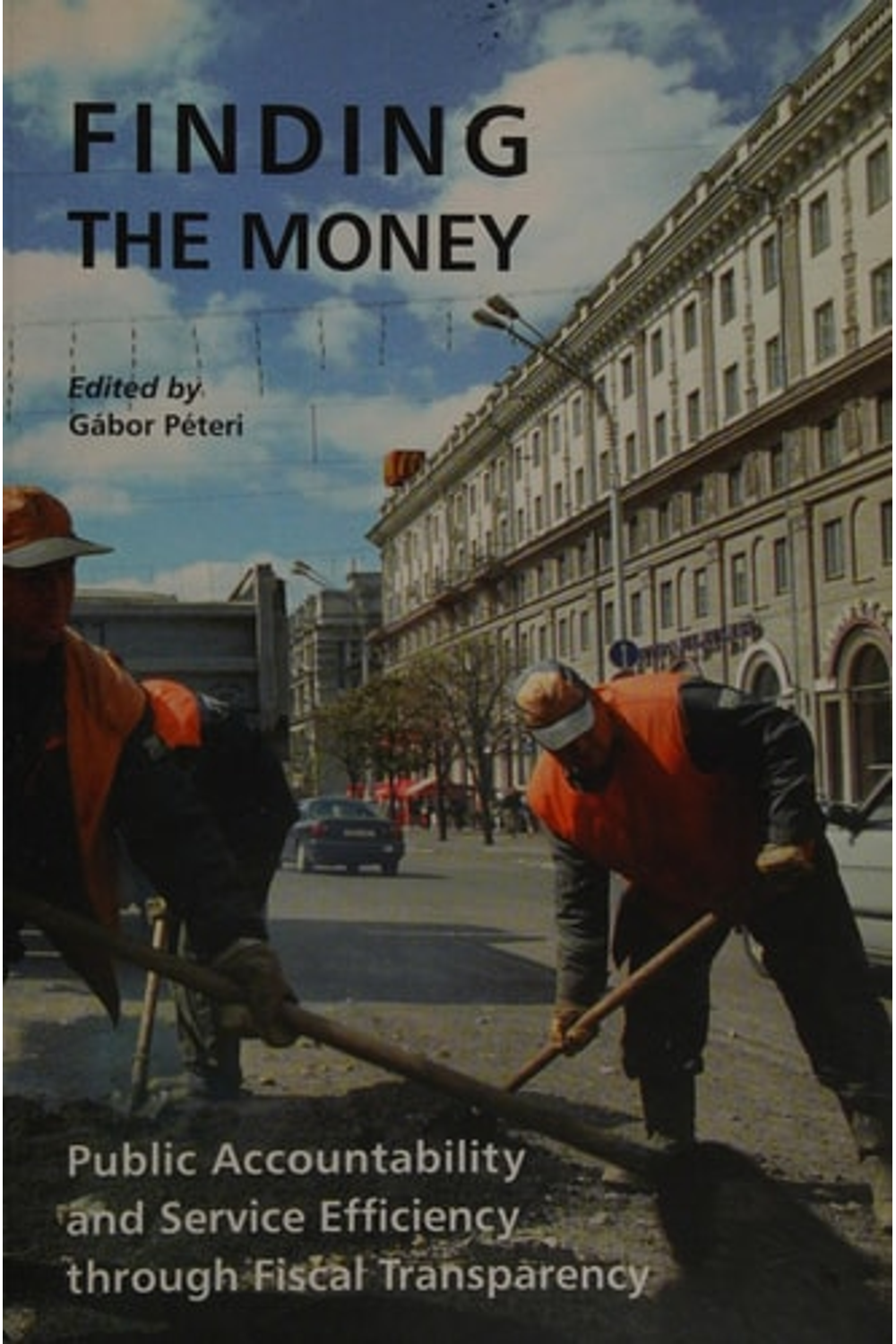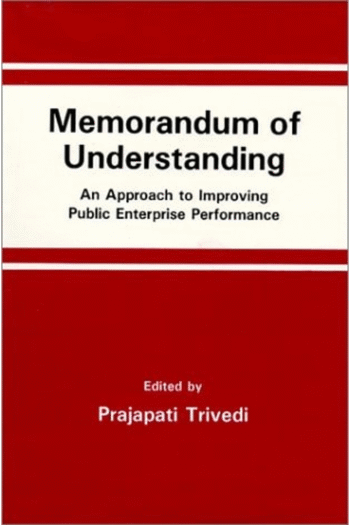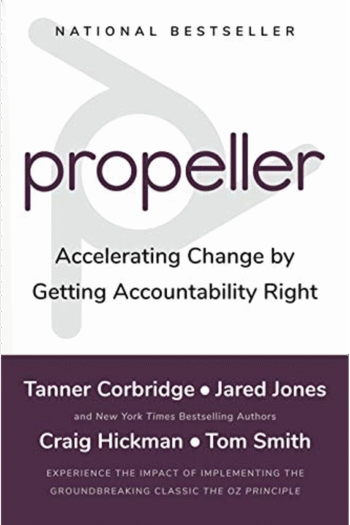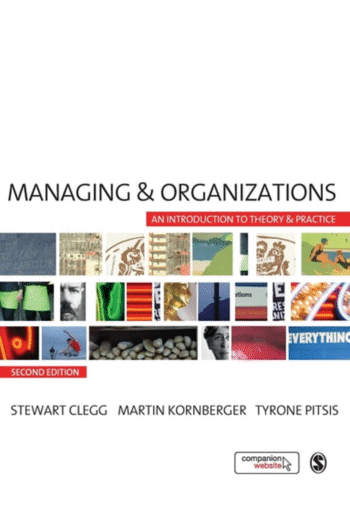“Finding the Money: Public Accountability and Service Efficiency Through Fiscal Transparency” offers a vital roadmap for combating corruption and fostering good governance. Authored by Peteri and Gabor, this book targets key areas vulnerable to corruption: budgeting, tax, procurement, and asset management. More than just exposing problems, it provides concrete strategies for improving accountability and transparency. Think beyond standard approaches this book digs into the systemic causes of corruption and offers practical solutions for governments to build capacity, enhance public trust, and deliver better services. If you’re seeking to transform public institutions and root out corruption, this book is a powerful resource.
Finding the Money: Public Accountability and Service Efficiency Through Fiscal Transparency
13,08 $
In stock
Finding the Money focuses on those areas of government that are most exposed to grand or petty corruption: budgeting, tax administration, public procurement, and management of government assets. The eight chapters are based on the assumption that corruption has systemic causes. By improving social accountability mechanisms and by increasing the institutional and human capacities of government, malfunctioning states and municipalities can be transformed. The anti-corruption techniques presented here go well beyond the introduction of political control mechanisms, expanding transparency, or revising the compact between the state and private service organizations to recommend the steps needed for fiscal transparency and good governance. Public sector integrity also depends on governments’ capacity to introduce these measures, the incentives to comply set by intergovernmental fiscal relations, the use of audit and the shortest route of accountability, i.e., its direct influence by customers on service providers.
| Authors | |
|---|---|
| Binding | |
| Condition | |
| ISBN-10 | 9639719099 |
| ISBN-13 | 9789639719095 |
| Language | |
| Pages | 236 |
| Publisher | |
| Year published | |
| Weight | 454 |
| Edition | Illustrated |
| Dewey decimal | 352.439 |
Related products
Memorandum of Understanding
15,04 $
- Additional information
- Currencies
- USD – United States dollar
- EUR – Euro
- GBP – Pound sterling
- CNY – Chinese yuan
- BRL – Brazilian real
- MXN – Mexican peso
- JPY – Japanese yen
- PHP – Philippine peso
- THB – Thai baht
- PLN – Polish złoty
- CAD – Canadian dollar
- MYR – Malaysian ringgit
- AUD – Australian dollar
- TWD – New Taiwan dollar
- CZK – Czech koruna
- SEK – Swedish krona
- HUF – Hungarian forint
- ILS – Israeli new shekel
- CHF – Swiss franc
- HKD – Hong Kong dollar
- DKK – Danish krone
- SGD – Singapore dollar
- NOK – Norwegian krone
- NZD – New Zealand dollar





